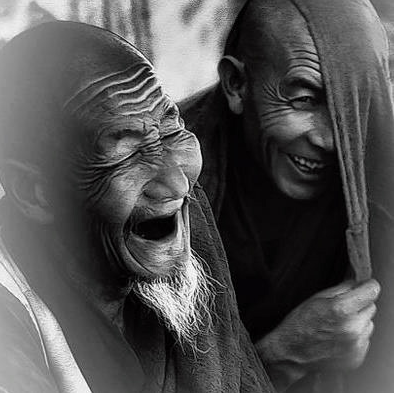
this love is beyond
Love comes with a knife, not some shy question,
and not with fears for its reputation.
I say these things disinterestedly.
Accept them in kind.
Love is a madman,
working his wild schemes,
tearing off his clothes, running through the mountains,
drinking poison, and now quietly choosing annihilation.
A tiny spider tries to wrap an enormous wasp.
Think of the spiderweb
woven across the cave where Muhammad slept.
There are love stories,
and there is obliteration into love.
You have been walking the ocean’s edge,
holding up your robes to keep them dry.
You must dive naked under and deeper under,
a thousand times deeper. Love flows down.
The ground submits to the sky and suffers what comes.
Tell me, is the earth worse for giving in like that?
Do not put blankets over the drum.
Open completely.
Let your spirit listen
to the green dome’s passionate murmur.
Let the cords of your robe be untied.
Shiver in this new love beyond all above and below.
The sun rises, but which way does the night go?
I have no more words.
Let the soul speak with the silent articulation of a face.
…
Someone who does not run
toward the allure of love walks
a road where nothing lives.
But this dove here senses
the love hawk floating above,
and waits, and will not be driven
or scared to safety.
Jalal al-Din Rumi
the book of love





